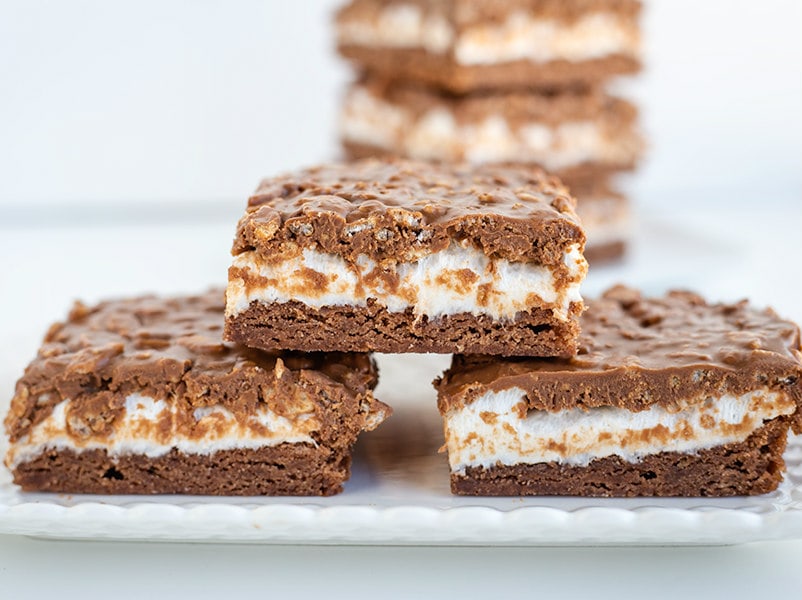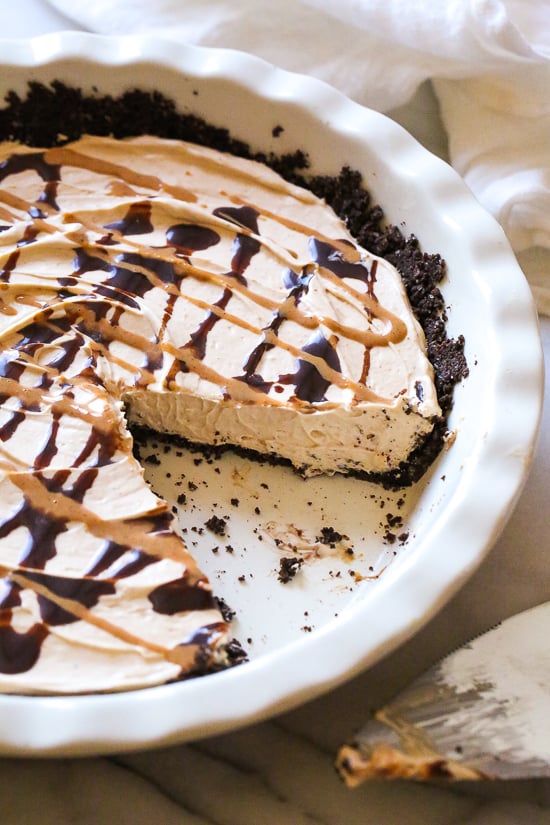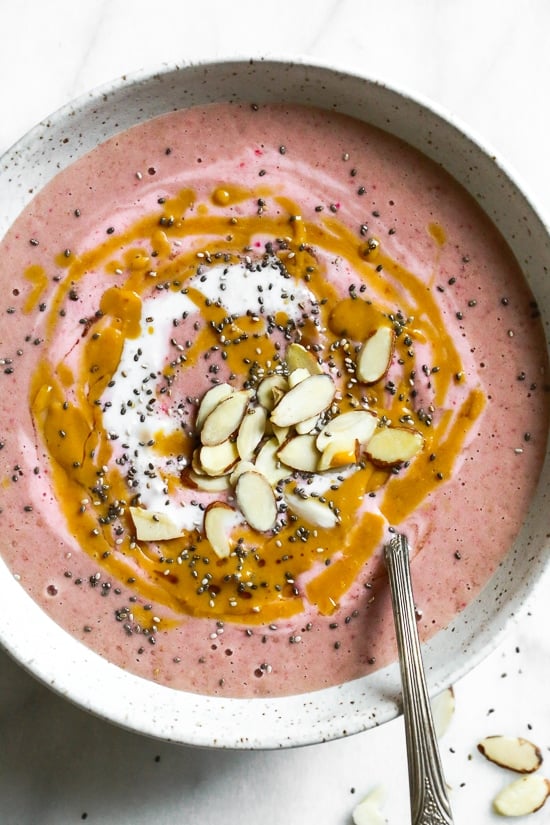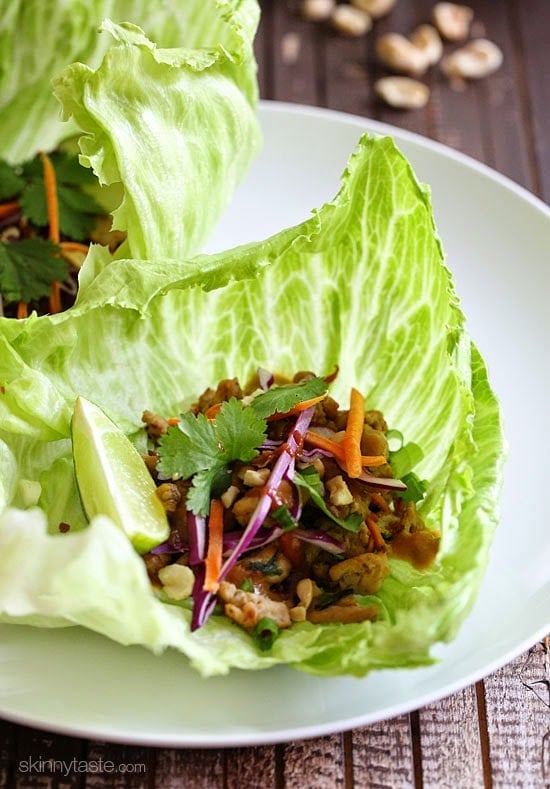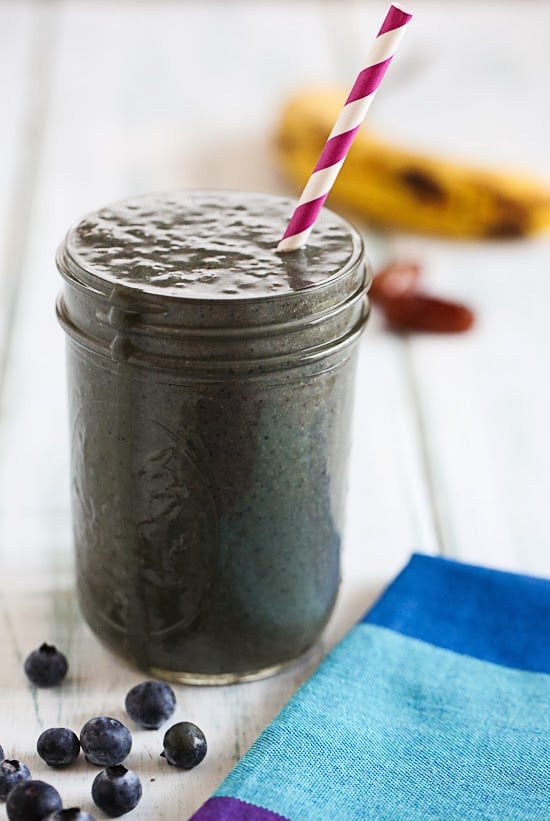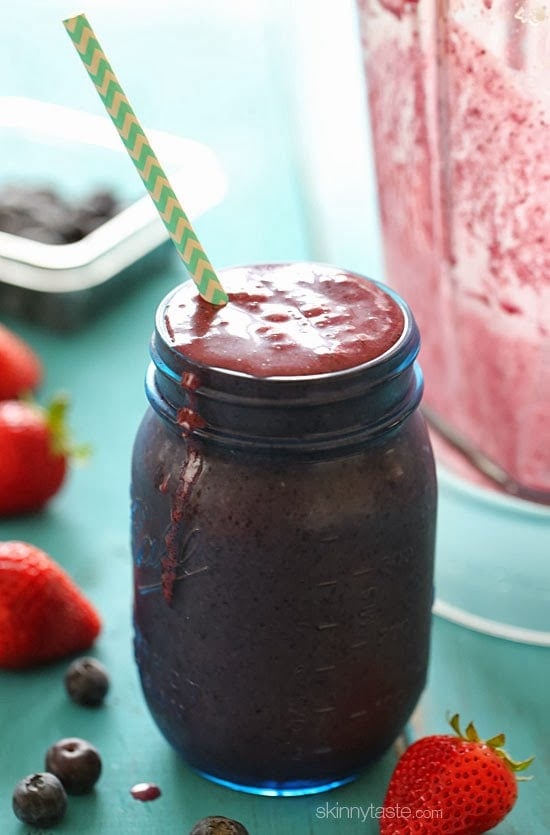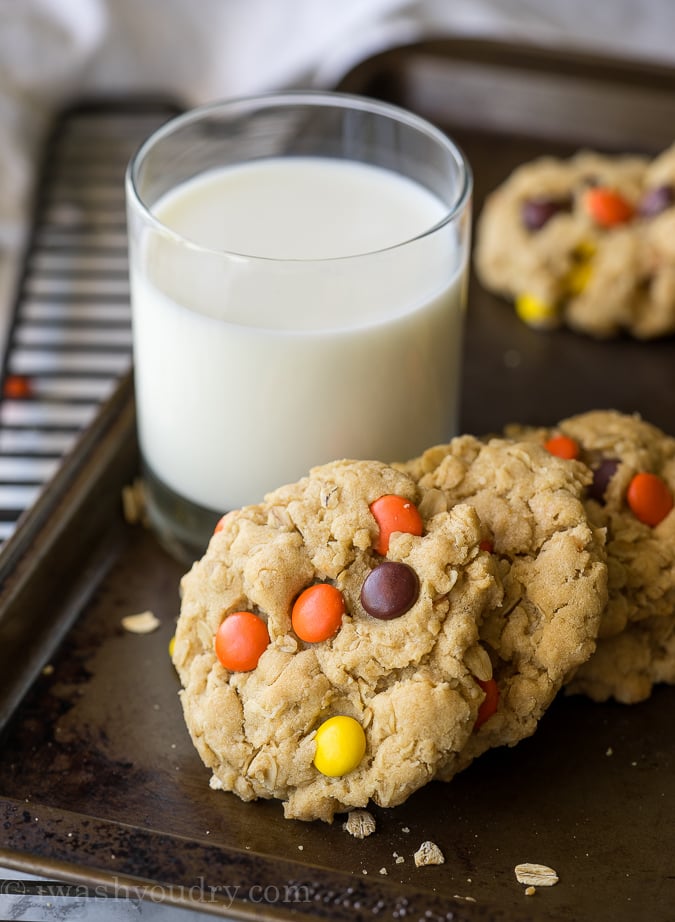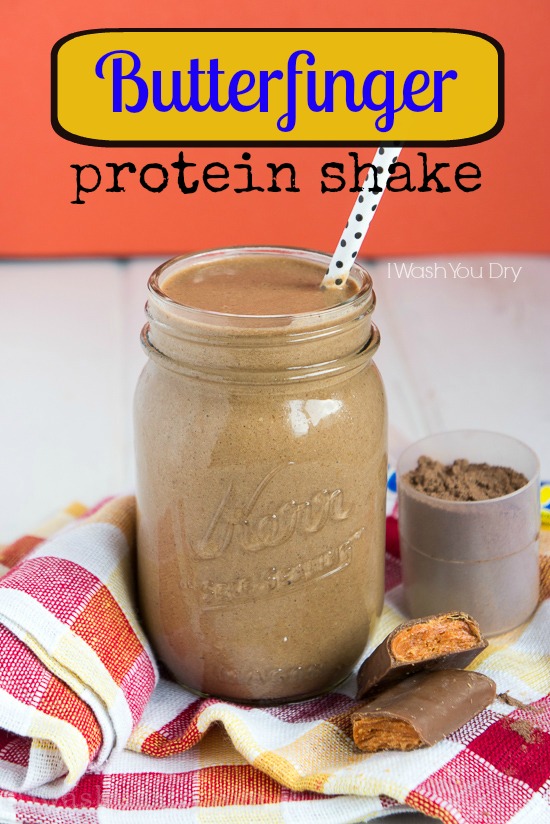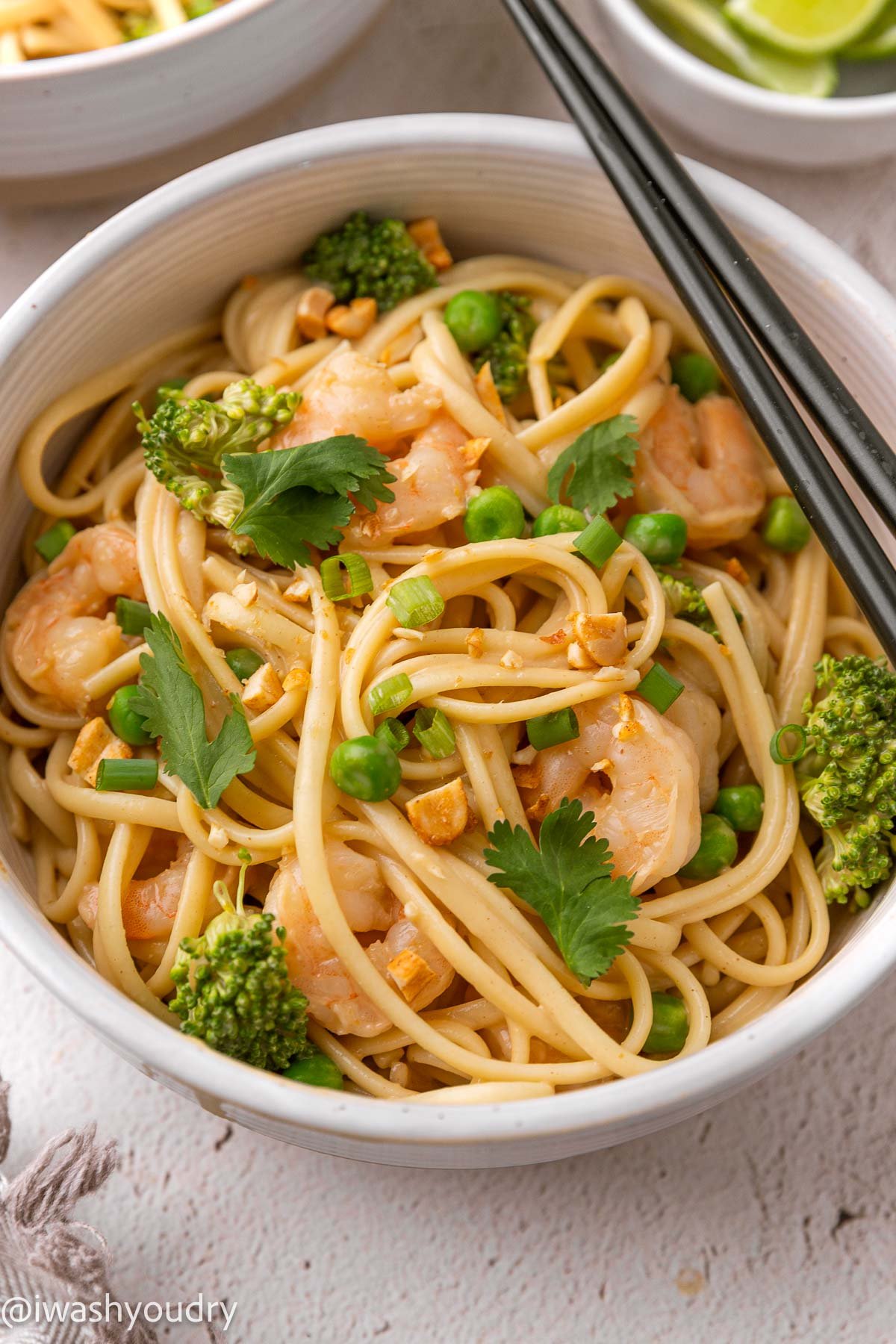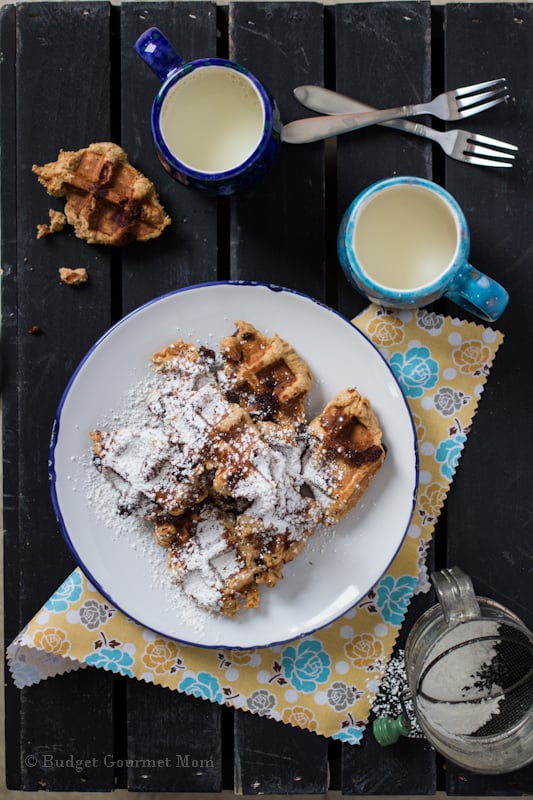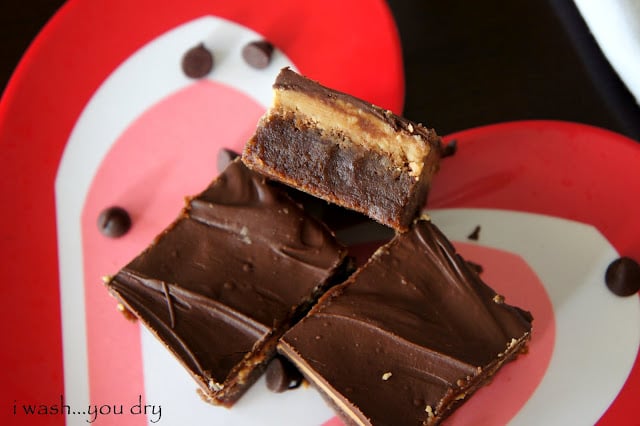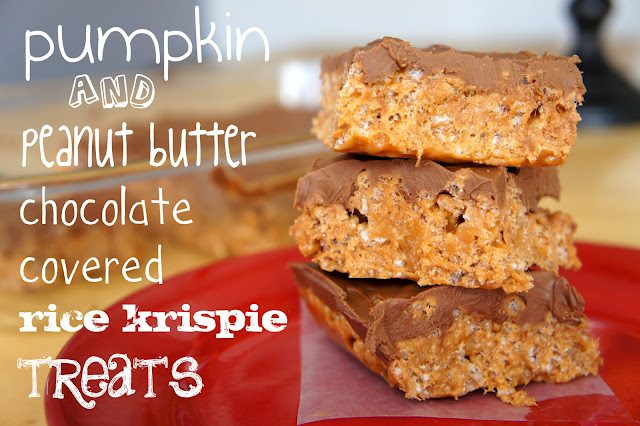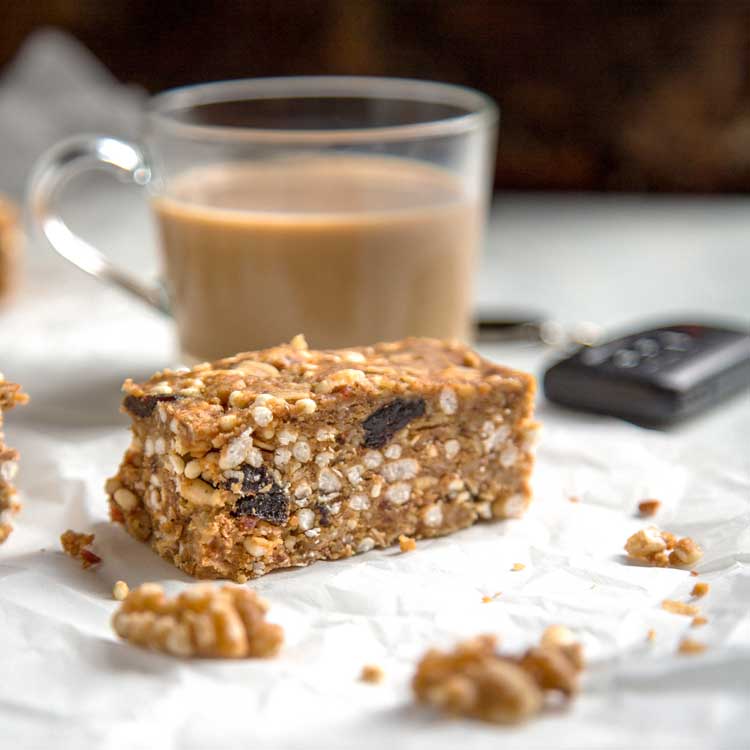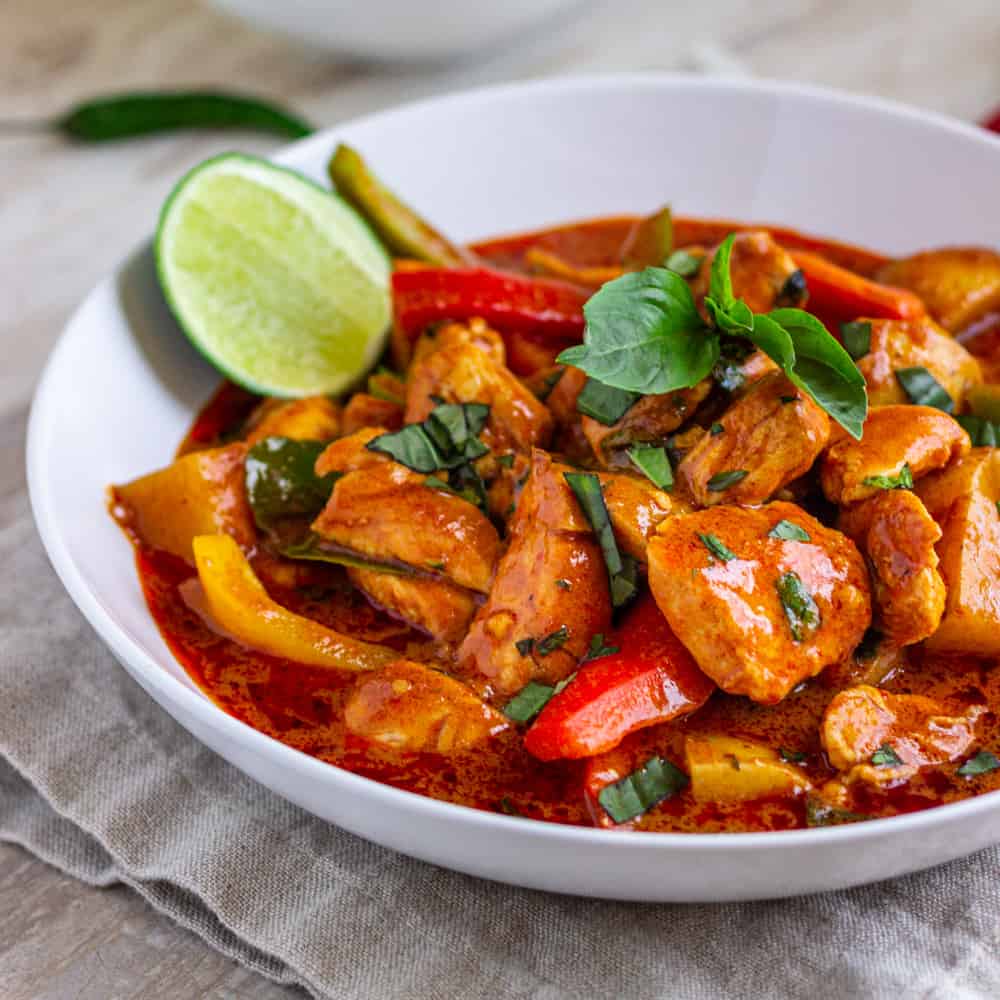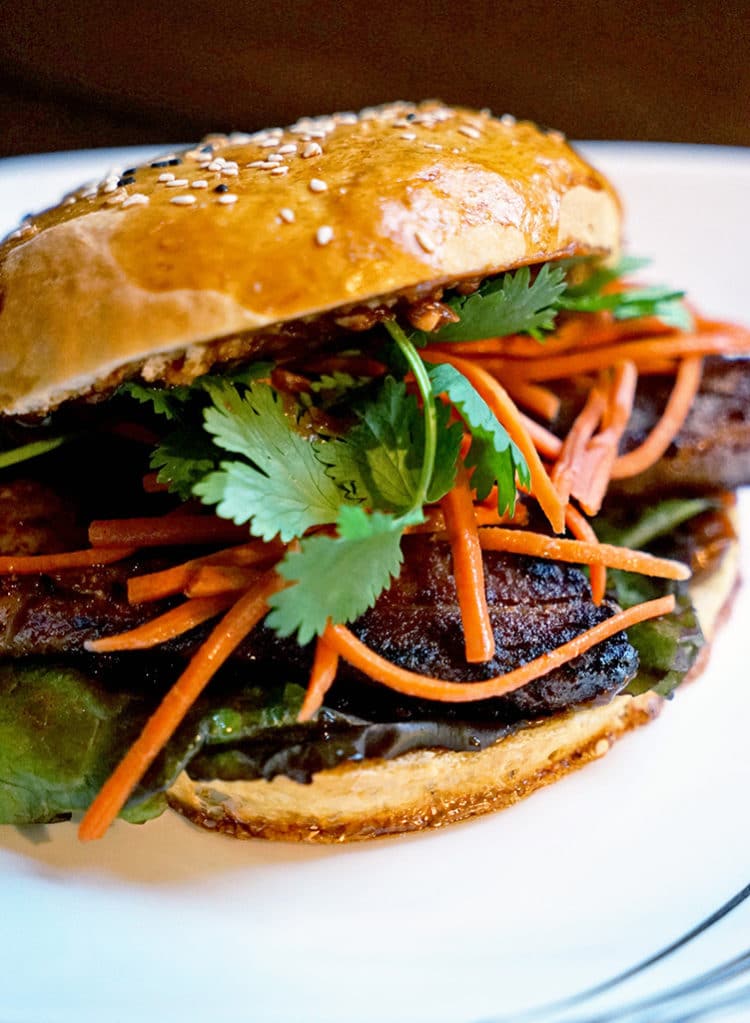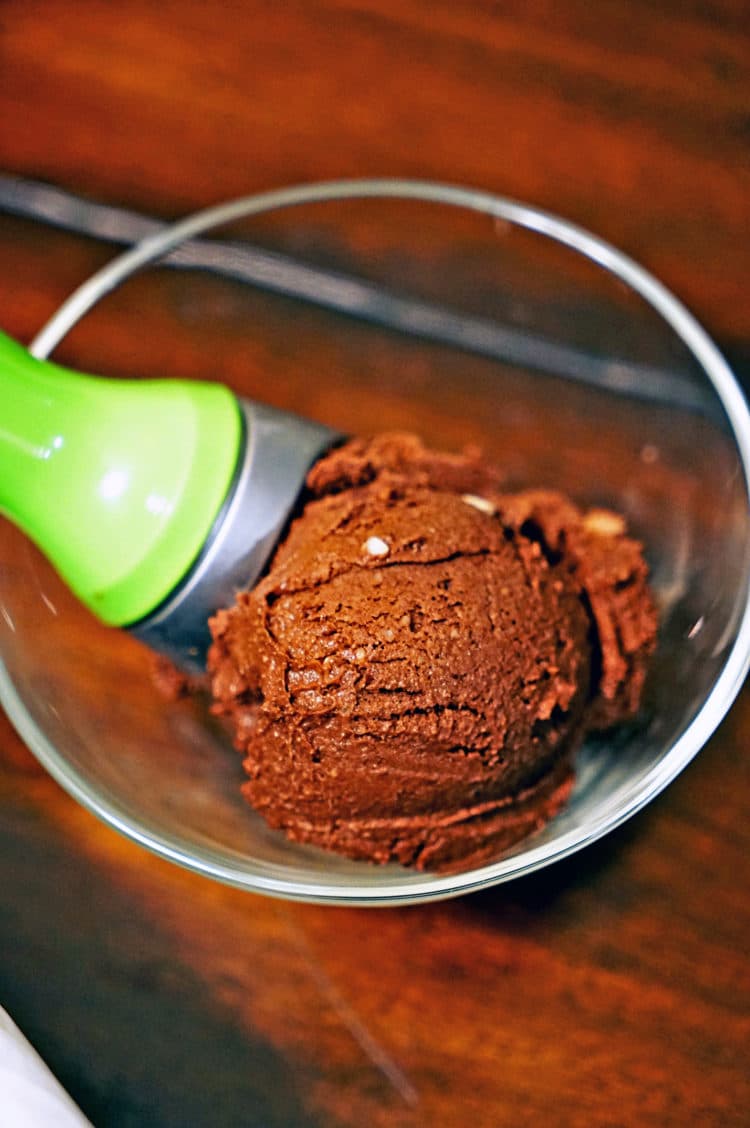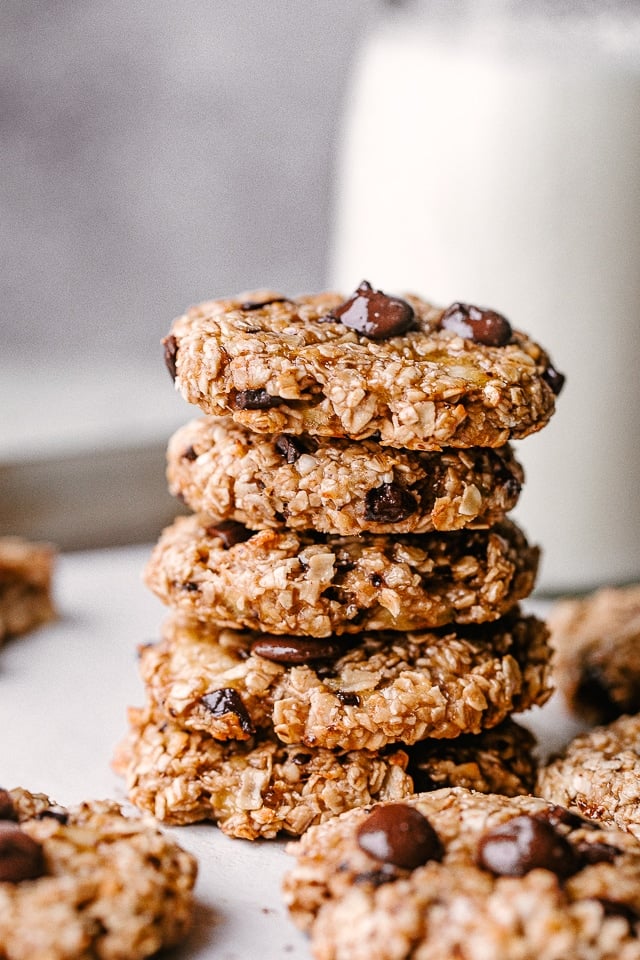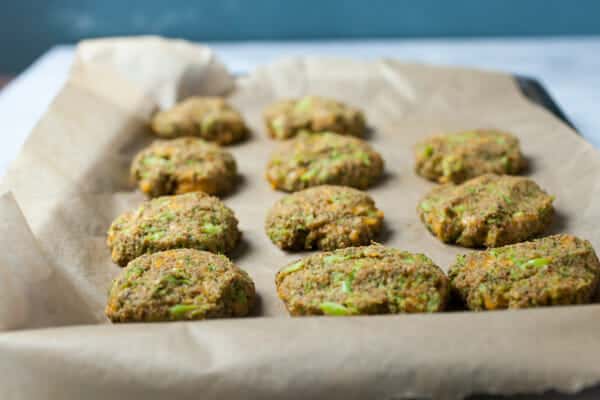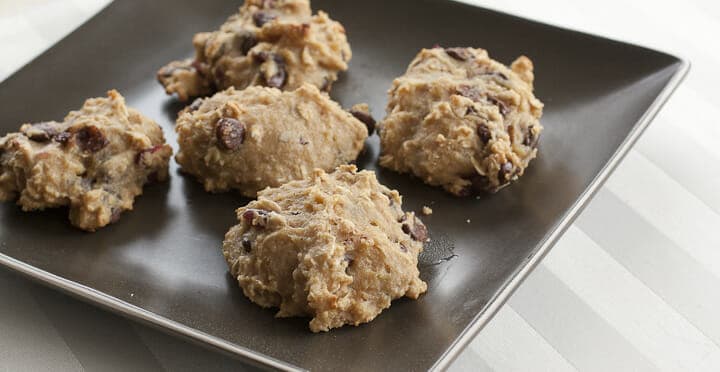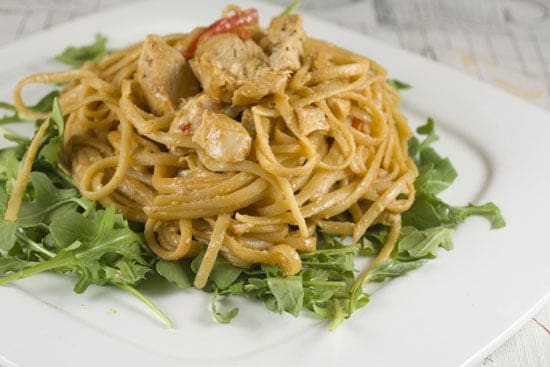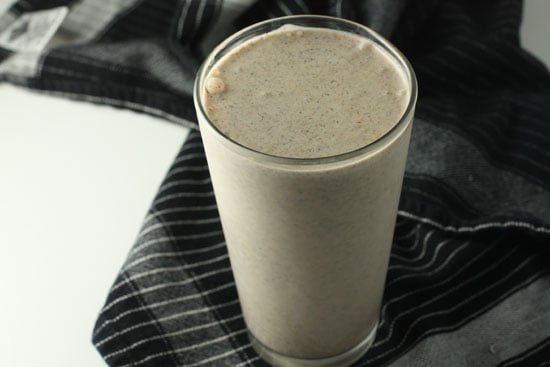Peanut Butter: Important Facts, Health Benefits, and Recipes
Explore the ultimate guide to peanut butter, covering its history, health benefits, storage tips, and substitutes, to make informed choices in your daily life.
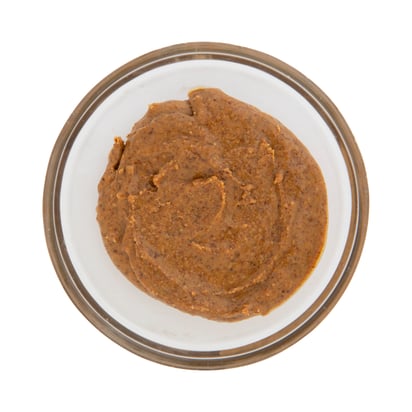
Nutritional Facts
1 cup
Amount per serving
Calories
1517
Carbohydrates
61.9 g
Fat
127.8 g
Protein
56.6 g
Saturated Fat
24.6 g
Sodium
1228.1 mg
Fiber
14.7 g
Sugar
16.8 g
Best Peanut Butter Recipes
-
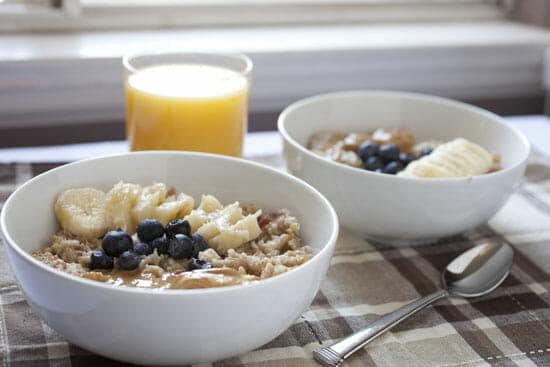
-

-
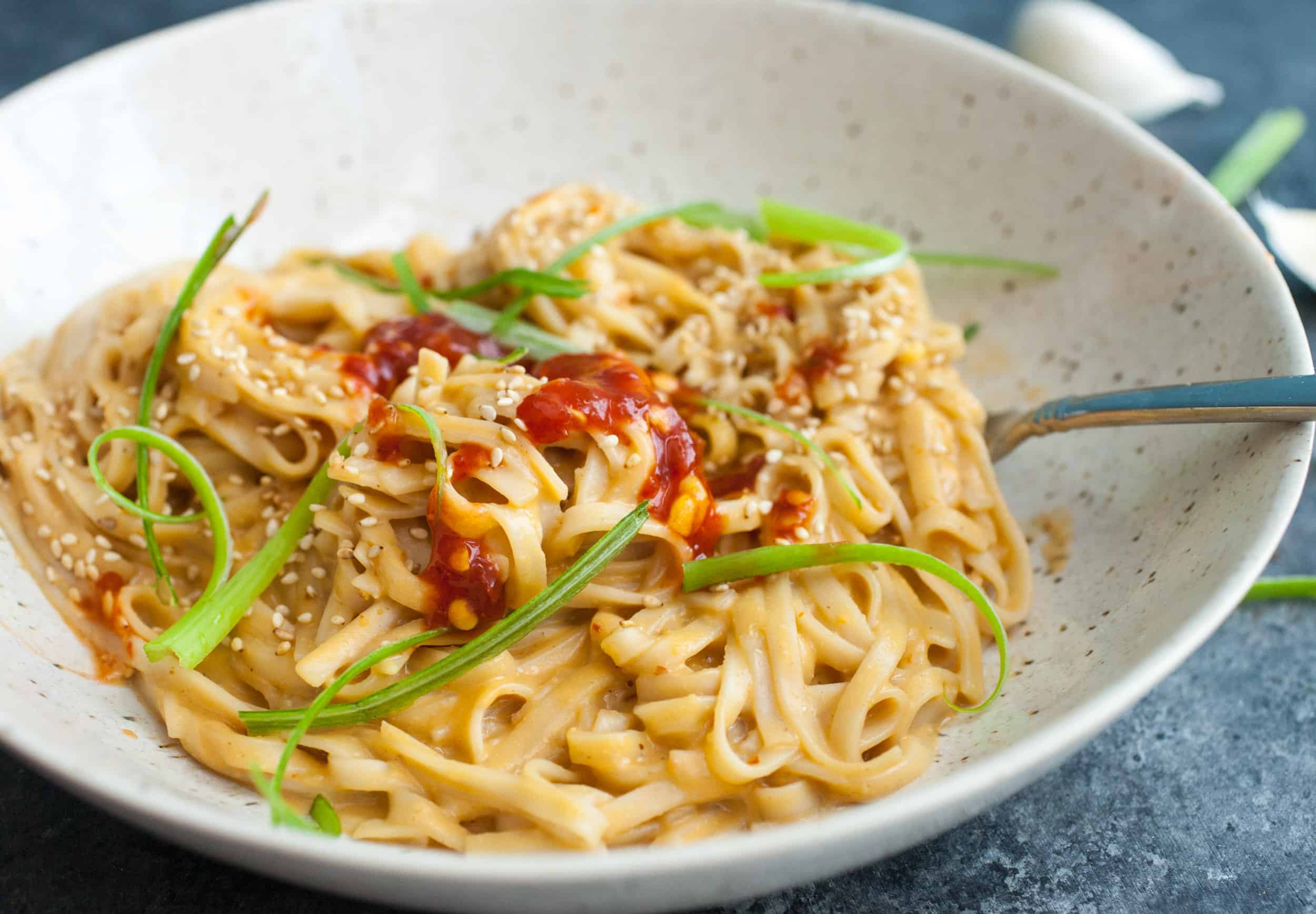
-
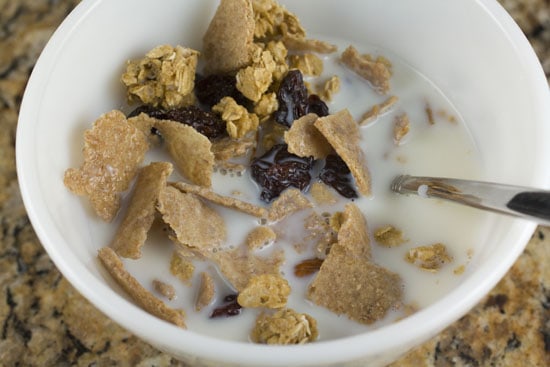
-
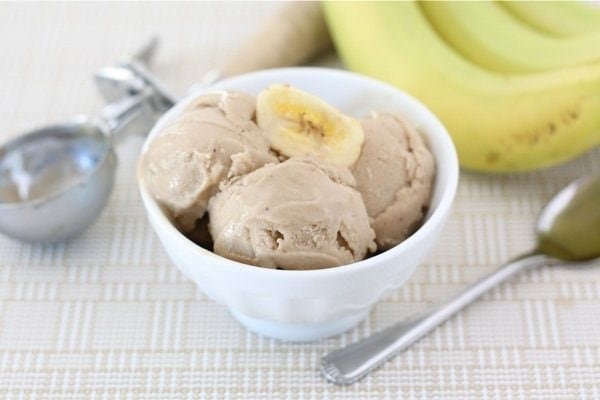
-
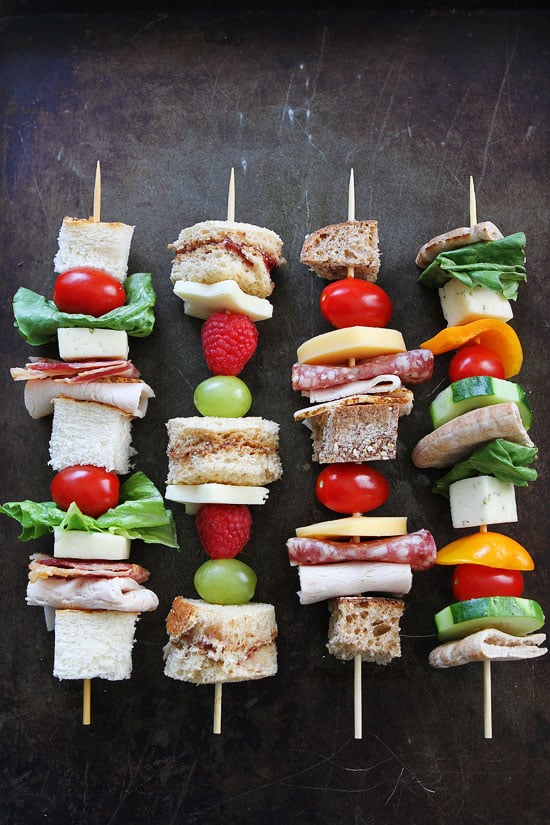
-

-
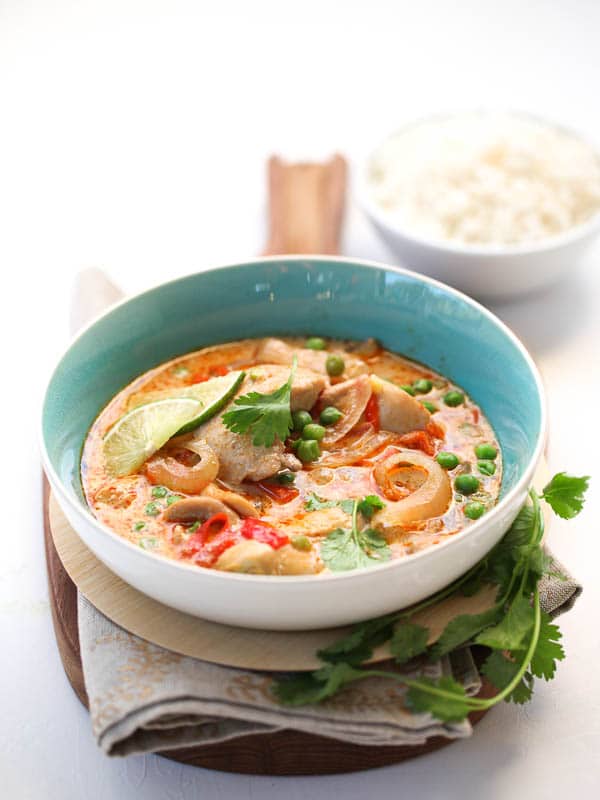
-
![Chocolate Chip Peanut Butter Cookies Image]()
-
![Royal Chocolate Marshmallow Bars Image]()
-
![No Bake Peanut Butter Pie Image]()
-
![Strawberry Peanut Butter Swirl Smoothie Bowls Image]()
-
![Donut-Shaped Apple Snacks Image]()
-
![Thai Chicken Peanut Lettuce Tacos Image]()
-
![Superfood PB Banana and Cacao Green Smoothie Image]()
-
![Blueberry Kale Smoothie Image]()
-
![PB + J Smoothie Image]()
-
![Reese’s Peanut Butter Oatmeal Cookies Image]()
-
![Butterfinger Protein Shake Image]()
-
![Easy Shrimp Pad Thai Image]()
-
![Peanut Butter Banana Waffle Cookies Image]()
-
![Peanut Butter Cup Fudge Brownies Image]()
-
![Pumpkin & Peanut Butter Chocolate Covered Rice Krispie Treats Image]()
-
![Kung Pao Chicken Meatballs Image]()
-
![Savory Walnut Breakfast Bars Image]()
-
![Asian Pulled Pork Slider Image]()
-
![Amazing Thai Shrimp Pizza Image]()
-
![Mini Peanut Butter Apple Pies Image]()
-
![Apple Peanut Butter Tarts Image]()
-
![Creamy Thai Red Chicken Curry Image]()
-
![Brownie Granola Bars Image]()
-
![Asian Infused Pork Belly Sandwiches Image]()
-
![No Churn Chocolate Peanut Butter Ice Cream Image]()
-
![Banana Oats Chocolate Chip Cookies Image]()
-
![3 Ingredient PB Pudding Image]()
-
![Peanut Butter, Banana, and Bacon Sandwich Image]()
-
![Energy Cookies Image]()
-
![Peanut Butter and Jelly Nachos Image]()
-
![Sesame Chicken Noodle Salad Image]()
-
![Peanut Butter Dog Treats Image]()
-
![Cocoa-Coco-Peanut Shake Image]()
-
![Bar Bars Image]()
-
![Banana Whipped Oatmeal Image]()
-
![Peanut Butter Granola Bars Image]()
-
![Homemade Protein Bars Image]()
-
![Dark and Tan Cookies Image]()
-
![Peanut Butter Bars Image]()
-
![Peanut Butter Cookie Ice Cream Recipe Image]()



